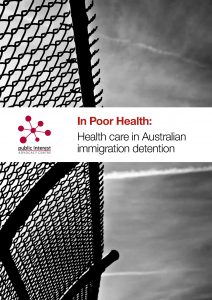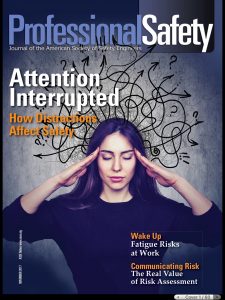 On June 20 2018, the Australian government announced a National Inquiry into Sexual Harassment in the Workplace, claiming it to be a world-first. Sexual harassment is not an occupational health and safety (OHS) hazard in many ways BUT the psychological harm it can create is. The job of an OHS person is to encourage employers to reduce work-related harm through prevention, so we need to prevent sexual harassment, just as we do for all the work activities that contribute to poor psychological health and safety.
On June 20 2018, the Australian government announced a National Inquiry into Sexual Harassment in the Workplace, claiming it to be a world-first. Sexual harassment is not an occupational health and safety (OHS) hazard in many ways BUT the psychological harm it can create is. The job of an OHS person is to encourage employers to reduce work-related harm through prevention, so we need to prevent sexual harassment, just as we do for all the work activities that contribute to poor psychological health and safety.
The macroeconomic costs of sexual harassment in the workplace may be of interest to politicians and business lobbyists but this can be a significant distraction from identifying ways to prevent psychological harm, which should be the most important legacy of this type of inquiry.
Addressing the OHS impacts of


 There seems to be a growing community frustration with regulators who hesitate to prosecute breaches of laws, including occupational health and safety (OHS) laws, and about options that sound reasonable, like
There seems to be a growing community frustration with regulators who hesitate to prosecute breaches of laws, including occupational health and safety (OHS) laws, and about options that sound reasonable, like 

 Occupational health and safety (OHS) policy makers are keen on making decisions based on evidence. But evidence seems hard to get, for many reasons.
Occupational health and safety (OHS) policy makers are keen on making decisions based on evidence. But evidence seems hard to get, for many reasons. Workplace safety lawyers are regular contributors to occupational health and safety (OHS) journals, usually writing about some OHS case law or recent, topical prosecution. Occasionally they write a more research-based article. The November 2017 edition of
Workplace safety lawyers are regular contributors to occupational health and safety (OHS) journals, usually writing about some OHS case law or recent, topical prosecution. Occasionally they write a more research-based article. The November 2017 edition of